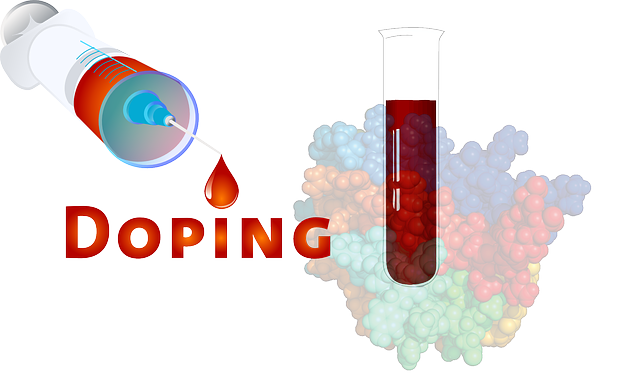Iron deficiency anemia is a common blood disorder in the UK, diagnosed through advanced liver blood tests measuring hemoglobin and enzymes like ALT and AST. Early detection using the UK Advanced Liver Blood Test can reveal anemia and potential liver issues, prompting timely interventions like dietary changes or iron supplements to prevent health complications related to prolonged anemia.
Iron deficiency anemia is a common yet serious health condition, characterized by low red blood cell count or hemoglobin levels due to insufficient iron. This article explores how blood tests, particularly the UK Advanced Liver Blood Test (UK ALBT), play a pivotal role in detecting this condition. We delve into understanding its impact and symptoms, interpreting test results, and outlining the subsequent steps for effective management. By utilizing advanced blood analysis like the UK ALBT, early detection can significantly improve outcomes.
- Understanding Iron Deficiency Anemia and Its Impact
- The Role of UK Advanced Liver Blood Test in Diagnosis
- Interpreting Results and Next Steps After Testing
Understanding Iron Deficiency Anemia and Its Impact
Iron deficiency anemia is a common blood disorder that occurs when your body doesn’t have enough iron, an essential mineral responsible for carrying oxygen throughout your body. This condition can significantly impact overall health and well-being. Iron plays a crucial role in producing red blood cells, which are vital for transporting oxygen from the lungs to various tissues and organs. When iron levels are low, it results in fewer red blood cells, leading to anemia.
In the UK, advanced liver blood tests can help identify iron deficiency anemia by measuring specific blood components. These tests evaluate hemoglobin levels, which indicate the amount of iron present in the blood. If hemoglobin concentrations are below normal, it may suggest iron deficiency. Anemia caused by iron insufficiency can manifest in various symptoms, including fatigue, weakness, pale skin, shortness of breath, and dizziness. Early detection through comprehensive liver function tests is crucial as timely intervention with iron supplementation or dietary changes can prevent further complications and promote better health outcomes.
The Role of UK Advanced Liver Blood Test in Diagnosis
The UK Advanced Liver Blood Test is a crucial tool in diagnosing iron deficiency anemia, offering comprehensive insights into the body’s nutritional status. This advanced test goes beyond basic measurements by evaluating various liver enzymes and proteins, allowing for a more nuanced understanding of potential underlying issues. By assessing markers like alanine aminotransferase (ALT), aspartate aminotransferase (AST), and albumin levels, healthcare professionals can identify not only anemia but also signs of liver damage or dysfunction.
This test is particularly valuable in identifying iron deficiency because the liver plays a vital role in iron metabolism. Iron is essential for producing hemoglobin, the protein in red blood cells that carries oxygen throughout the body. When iron levels are low, as in deficiency anemia, the liver may show altered enzyme activity on the UK Advanced Liver Blood Test, indicating impaired function or inflammation. This early detection enables timely interventions to address iron deficiency and prevent potential complications associated with prolonged anemia.
Interpreting Results and Next Steps After Testing
After undergoing a UK Advanced Liver Blood Test, it’s crucial to understand what your results mean and what the next steps are. The test provides valuable insights into various aspects of your liver health, including iron deficiency anemia. If the test indicates low levels of iron or hemoglobin, it suggests anemia, which can be further explored through additional tests like ferritin levels check.
In such cases, consulting with a healthcare professional is essential. They may recommend dietary changes, such as increasing iron-rich foods in your diet, or prescribe iron supplements to address the deficiency. Regular follow-up tests are also important to monitor your progress and ensure that the treatment is effective.
Iron deficiency anemia is a common yet serious condition, but early detection through advanced blood tests like the UK Advanced Liver Blood Test can significantly improve outcomes. By understanding the impact and interpreting results accurately, individuals can take appropriate steps to manage their health effectively. This test serves as a valuable tool in navigating the path to better overall well-being.
